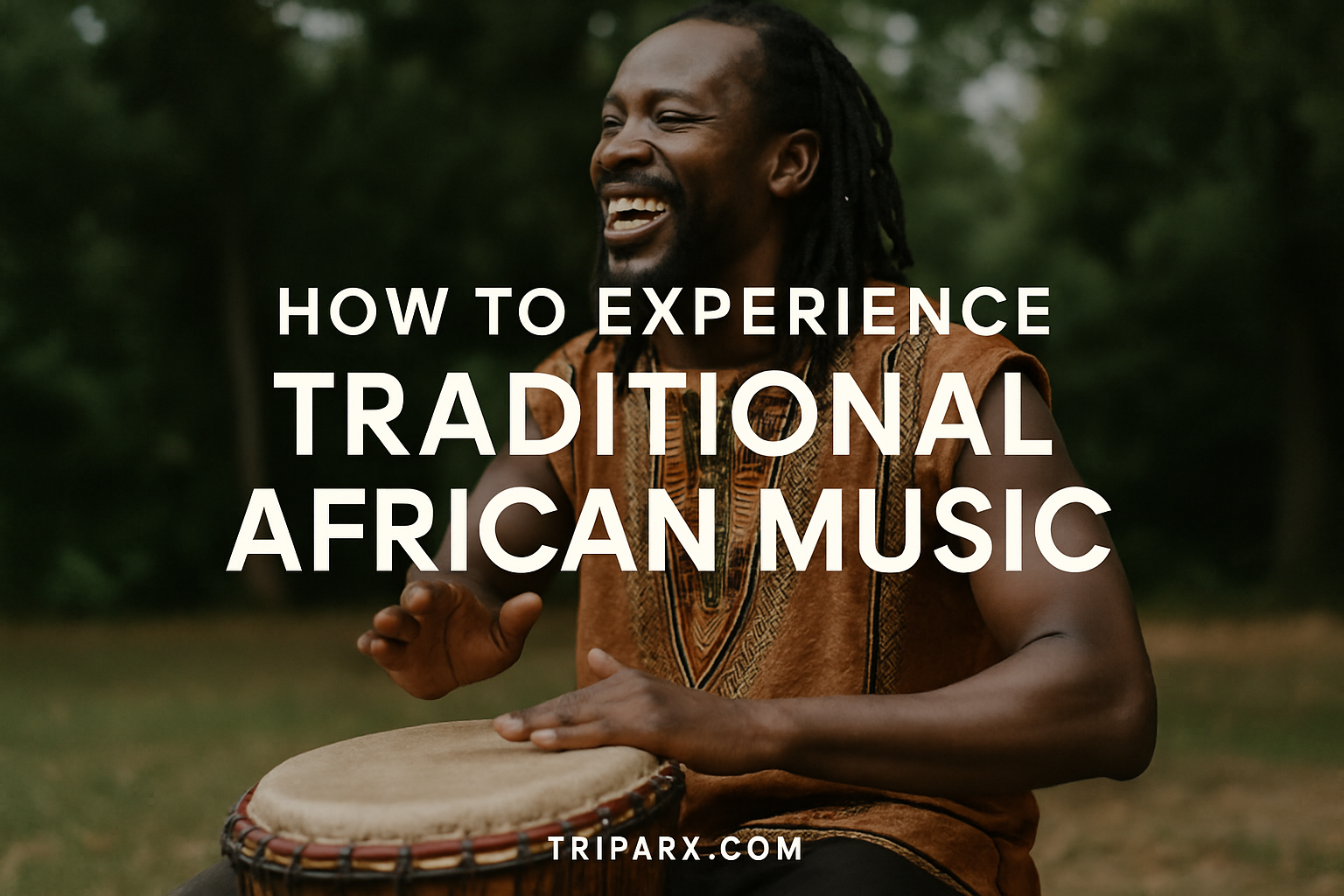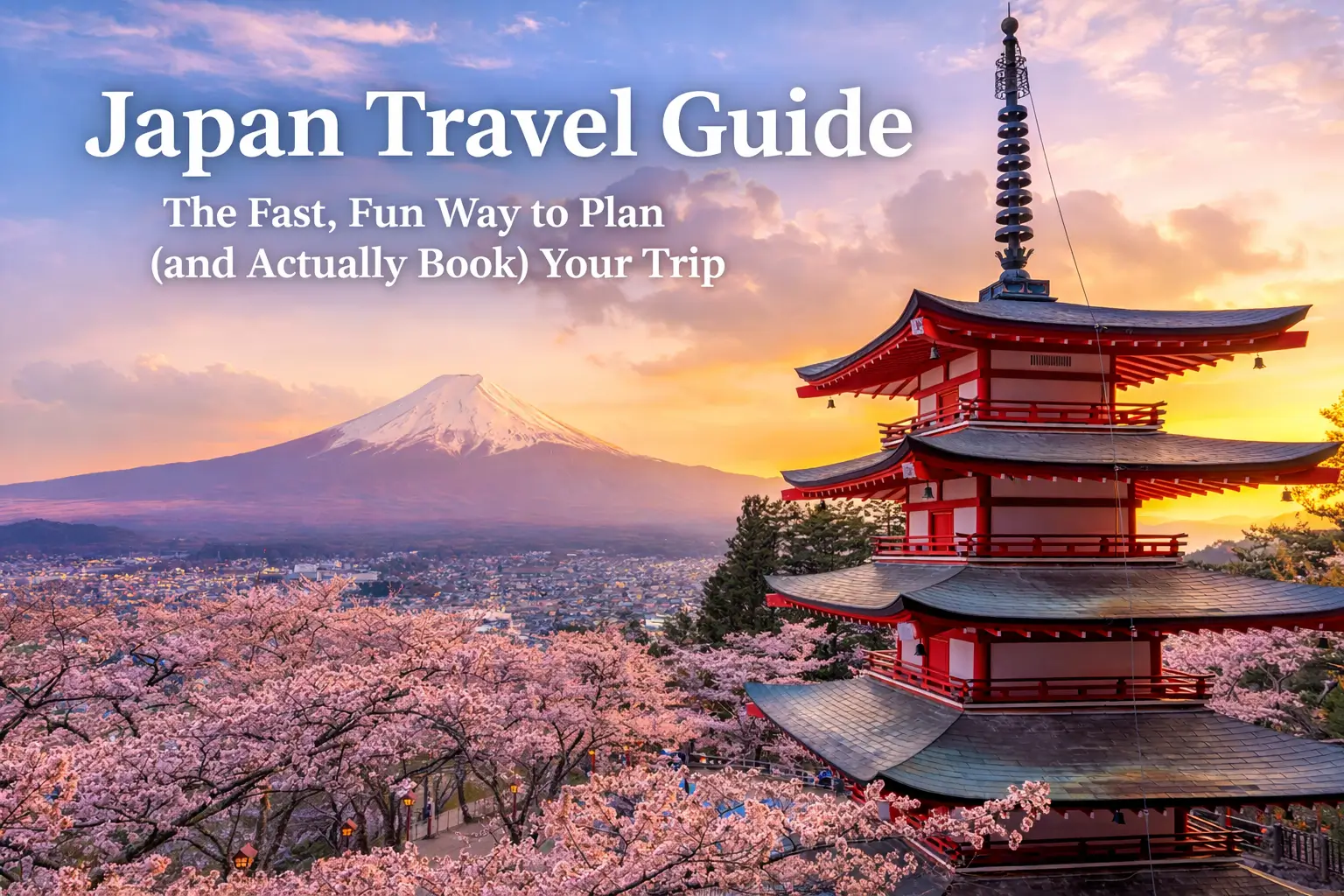Picture this: the sun dipping low over a sprawling savanna, casting a golden glow over the gathering of villagers. From deep within the earth, a rhythm pulses—steady, hypnotic, alive. This is traditional African music, not just sound but the heartbeat of cultures that have thrived for millennia. For travelers chasing more than just sights, diving into these ancient melodies offers an unmatched chance to tap into the soul of Africa. But how exactly does one immerse in this rich auditory tapestry, especially when beats vary from bustling city tempos to quiet village harmonies? Buckle up, friends. This isn’t just about music—it’s a journey to understanding a continent’s very essence.
As someone who’s danced under starlit skies to djembe drums echoing across remote villages, I can tell you firsthand: traditional African music is a living, breathing entity. It’s not confined to concert halls or polished recordings. It spills out from community gatherings, tells stories in languages both spoken and felt, and invites anyone willing to listen into a world where every note carries weight. So, if you’re curious about where to find these sounds, how to appreciate them deeply, and the life-changing insights they offer, you’re in the right place. Let’s explore what it takes to truly experience traditional African music, beyond the usual tourist trail.
Understanding the Roots: What Makes Traditional African Music Unique
First off, let’s peel back the layers of what traditional African music really is. It’s not a single genre but an entire universe of rhythms, melodies, and instruments that differ from region to region. From the djembe drums of West Africa to the mbira thumb pianos of Zimbabwe, every instrument carries centuries of history.
In Africa, music is a communal activity—woven seamlessly into daily life. It’s a language that transcends spoken words, used for storytelling, celebrating rites of passage, and even healing. What struck me the most during my travels was the way everyone seems to participate. When a griot (the traditional storyteller-musician) begins to sing and play, the whole community feels the pull to join in, whether by clapping, singing, or dancing.
One vivid memory that sticks with me is sitting by a fire in a small village in Mali. As the elder strummed his ngoni, an ancient lute-like instrument, children started dancing, and even shy onlookers tapped their feet. It felt like the music was a thread connecting each person, weaving stories that no textbook could capture.
Key Elements to Listen For
When tuning into traditional African music, pay attention to polyrhythms—multiple rhythms layered over one another, creating a complex but harmonious flow. Also, notice call-and-response patterns, where a lead voice or instrument calls out and others answer back, sparking interaction. These features shape the music’s energy and invite listeners into an active role rather than as passive observers.
Finding the Heartbeat: Where to Discover Authentic Traditional African Music
Okay, you’re sold on the idea—now where do you actually experience authentic sounds? Spoiler: it’s not always in flashy tourist spots or high-end concert halls. The best encounters often happen in unexpected places.
Local festivals and ceremonies are the absolute gold mines. Think of the colorful celebrations during the Dogon mask dances in Mali or the vibrant Zulu Reed Dance in South Africa. These events offer sounds rooted in spiritual and cultural significance, a far cry from generic world music performances.
During my first trip to Ghana, I stumbled upon a weekend market where drummers gathered to jam spontaneously. I didn’t need tickets or guided tours—just the curiosity to approach and an open heart. Later, a friendly local handed me a djembe and guided me through basic rhythms—it was an unforgettable, grassroots introduction to this musical world.
Where Urban Meets Tradition
Don’t discount cities, either. Places like Dakar in Senegal or Lagos in Nigeria fuse traditional music with contemporary styles, making vibrant soundscapes accessible even to newcomers. Check out local clubs where Afrobeat or highlife pulsate right alongside traditional percussion. These hybrid spaces offer a commentary on African music’s evolution—rooted yet dynamic.
Travel Hacks for a Soulful Musical Experience
Now, how do you prepare to soak up traditional African music on your trip without feeling like a lost tourist? Here are some tips to keep your journey smooth and meaningful.
1. Do Your Homework—Even a Little Goes a Long Way
Before you step foot on the continent, spend an evening listening to different traditional rhythms. Platforms like Triparx YouTube channel provide great visuals and sounds that prep your ears and imagination. This way, you arrive with an ear tuned to the nuances rather than facing unfamiliar chaos.
2. Learn a Few Words of the Local Language
Languages give context to songs, and even a simple greeting or phrase can open doors. When I learned to say “hello” in Bambara while visiting Mali, locals smiled wider, and invitations to music gatherings followed. It’s a small key that unlocks bigger experiences.
3. Bring an Open Mind and Comfortable Shoes
Music sessions often mean standing, dancing, and moving with the crowd. Be ready to jump in and follow the rhythm. Throw out expectations—sometimes the most powerful moments happen in imperfect, raw settings.
4. Respect the Culture
Ask before recording or photographing. Traditional musicians often see their performances as sacred acts, not just entertainment. The best way to honor this is by being present, listening, and responding genuinely.
5. Connect with Local Guides and Musicians
Tourist guides who also appreciate traditional music can steer you clear of “staged” experiences and lead you to authentic sessions. I found this invaluable during a trip to Tanzania, where a guide shared his personal stories about music’s role in community healing.
Conclusion: Let the Music Guide Your Journey
Friends, traditional African music is more than sound; it’s a gateway to understanding a continent’s ancient soul. It invites travelers to lose themselves in rhythms that echo through centuries, to feel stories not just through words but through every beat, every call and response. From village firesides where the ngoni sings to urban nights pulsing with Afrobeat’s energy, these sounds teach patience, connection, and celebration.
Traveling for music means stepping beyond sightseeing into the realm of shared human experiences. It means opening your ears and heart, learning the language of drums and voices that have spoken truths long before any traveler arrived. And if you listen closely enough, you might just hear something within yourself awaken – a connection not just to music but to life itself.
Curious to deepen your travel wisdom? Interested in more insightful reads? Check out our Travel Tips section for fresh advice. For lifestyle inspiration, explore our Lifestyle category and dive into incredible stories in our Destinations section. Connect with us on YouTube, or follow our adventures on Instagram and Pinterest.
Wishing you soulful travels and rhythms that move your spirit—may your journey be as rich and deep as the beats of traditional African music.

















